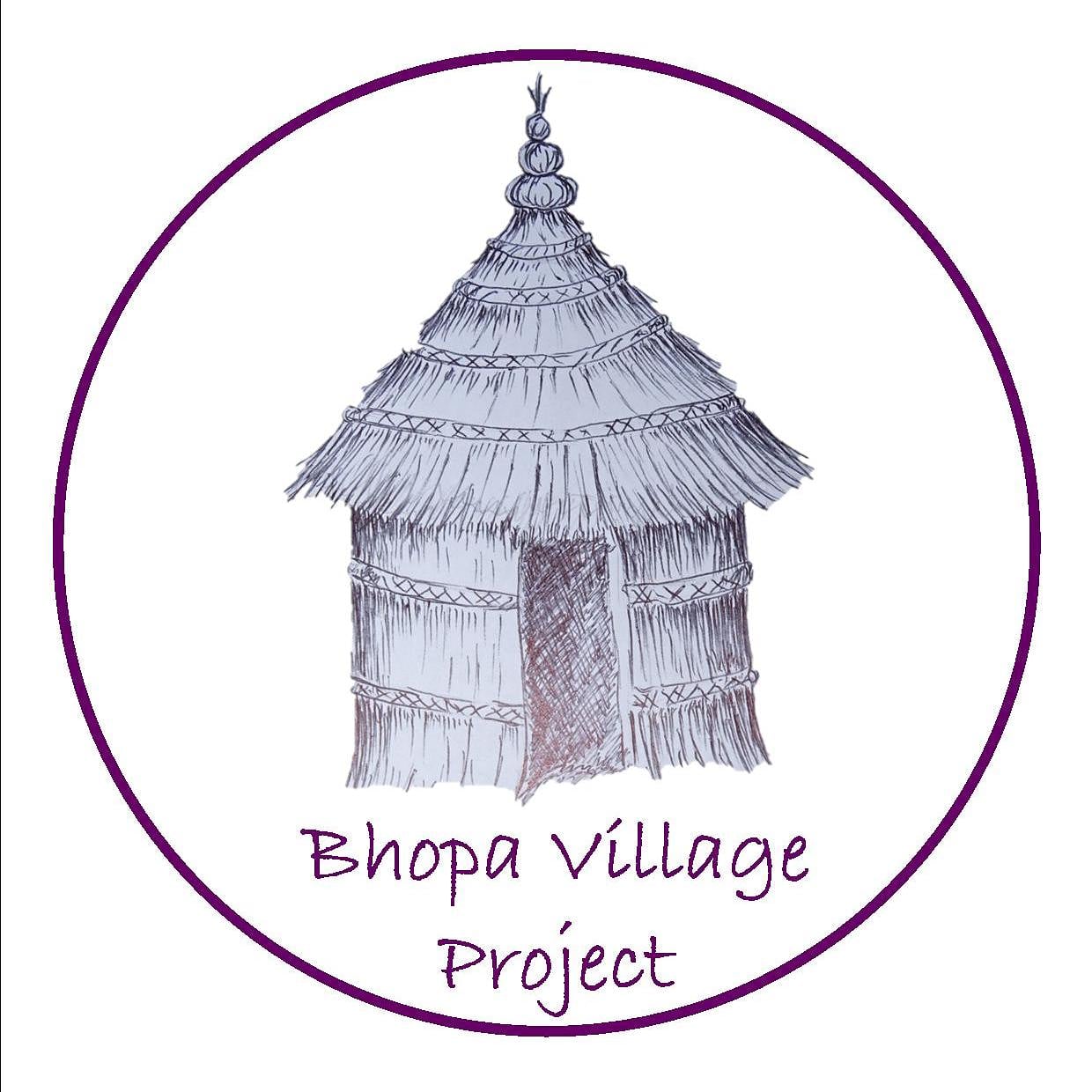Nama
- Bhopa Village

- Jul 4, 2020
- 3 min read
Updated: Dec 29, 2020
Nama
I first met Nama, when he was working the camels, for the famous camel fair and assisting with camel safaris throughout the season. He was 15 then, and one of the many young boys with no schooling or literacy, working to help feed their families. Watching them jump and leap from the incredible beasts, as nimbly and bravely as any warrior in battle, I would gasp in admiration. Nama was always slower but kind and gentle in nature. He did not engage, or no more than fleetingly, with the childish play-fighting most boys delighted in. I would look forward to seeing him, harnessing and tending the camels whilst I sat on the crumbling steps of the disused temple nearby; reading under the tree full of green parrots, with the rumbling munching sound of the camels eating their grass. He would always light me a beedi and look at my book and its cover picture. Even without much English language, he gently went about his business and I marvelled at his dexterity, despite the club foot he had been born with. I would listen to the mummering sounds, the clicks and Marwari, as he spoke to his camels, guiding the small caravan to drink at the nearby Burning Ghat. There amongst the sadhus and the mourners, he struck me as such a peaceful soul. Years later, after many encounters, waves and smiles as I passed by, year after year, I also learned that he takes wonderful photographs, has an understated sense of humour, and plays the traditional ravanathna. He was one of the children I enjoyed watching grow and be, with every visit to Pushkar.
Nama is one of 14 children and lives in the Bhopa village by Sunset Point, in the shadow of Shivatri Mata temple in the Thar desert, 5 km outside of Pushkar. His community’s previous village settlement was near the Pushkar Fort; however, their homes were destroyed as the government moved them further away from tourist attractions and expensive hotels.
On our first visit to the Bhopa village, Nama welcomed us into his home to meet his parents and siblings late one afternoon. We had always gazed at the tent houses and the daily unfolding’s of life there, from afar. It was clear he wanted some independence but that meant a lonely maccha (traditional Rajasthani bed) under a solo tree, buffered by the elements with only one frayed blanket to protect him from the cold night. No home fire burning and no shelter. After what had been one of the hottest summers and then the wettest monsoon in a generation, where Pushkar was flooded for months, this seemed such a precarious way to live. Then the coldest winter in memory was upon them all. We helped Nama build a little japery out of tarpaulin and bamboo to shelter him from the wind and give him a starter-home, as he was now 21 years old now. The look of sheer joy and amazement on his face as he almost ran to meet us as we came over the sand-dunes like jousters welding long bamboo posts, was so incredibly moving, his smile beaming and unrelenting throughout the building process. Unfortunately, this tent house did not last long; only a couple of months, as the fierce desert wind blew it down and ripped it. Rather than simply mending the rips, as most people do, we looked into the ancient art of grass houses. With the help of local craftsmen, the village, Nama and our Nayak friends, we built him a round house. The house was the pride of the village and the delight it gave Nama and us, was immeasurable. So we built another, for a young man awaiting his new bride and were only stopped from building more as Covid-19 came and eclipsed everything. Now, everyone’s main concern was food, as the tourists left and earning a living became even harder. This is how Nama came into our lives and how the not for profit organisation began, and how you have helped feed a village through lockdown with all your kindness and donations.









Comments